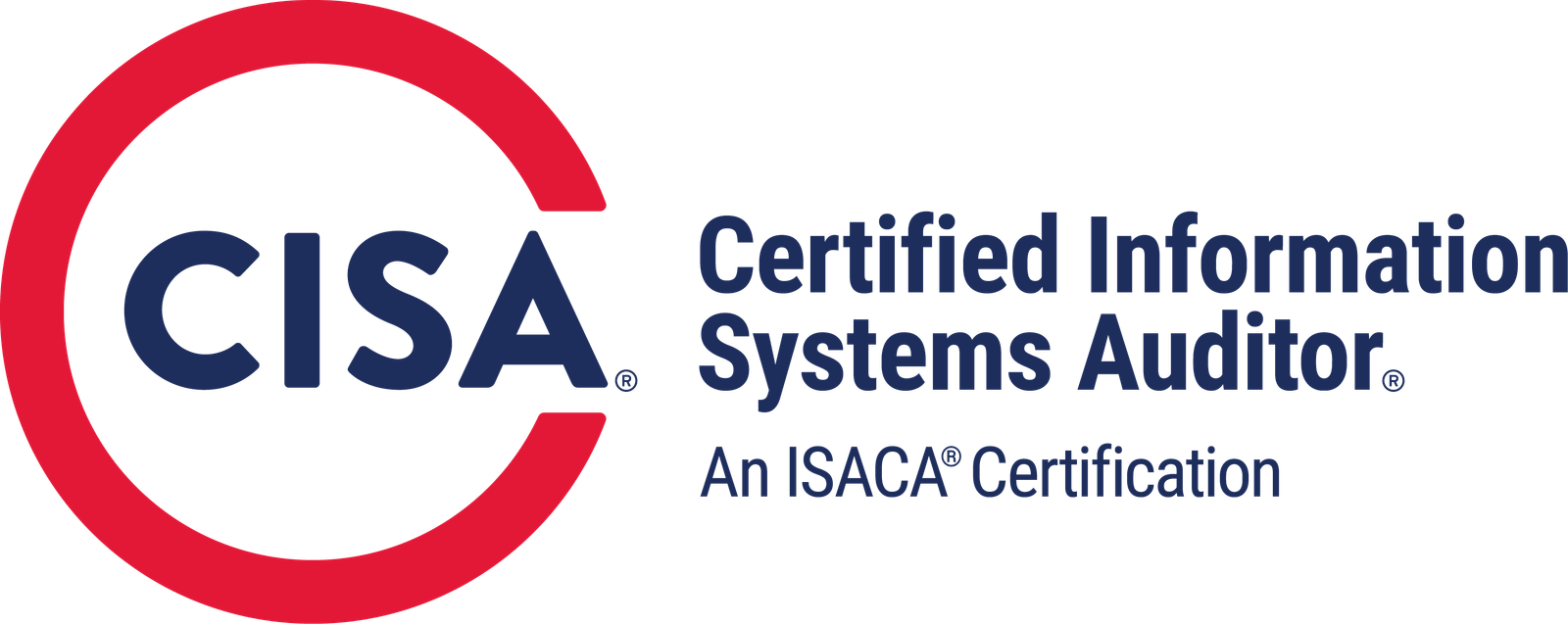Course Overview
The SC-100T00: Microsoft Cybersecurity Architect course is an in-depth training program designed to equip learners with the skills necessary to design and implement a robust cybersecurity architecture within their organizations.
Course Prerequisites
To ensure that participants are well-prepared to successfully undertake the SC-100T00: Microsoft Cybersecurity Architect course, the following prerequisites are recommended:
- Familiarity with Microsoft Azure services and security controls, including an understanding of core Azure services, Azure workloads, security, and operations.
- Knowledge of Microsoft 365 security, compliance, and identity concepts, which can be gained through experience or by completing relevant training, such as the MS-500: Microsoft 365 Security Administration course.
- A foundational understanding of security best practices and industry security requirements, including knowledge of basic security concepts related to identity protection, threat protection, information protection, and security management.
- Experience with Windows and Linux operating systems and their security features.
- Basic understanding of networking concepts, such as firewalls, network security, and network protocols.
- Experience with hybrid and multi-cloud environments, including how security considerations apply across on-premises and cloud platforms.
- Some familiarity with scripting or automation, as it relates to security tasks and processes.
While these prerequisites provide a foundation for the SC-100T00 course, individuals who may not meet all of these criteria are still encouraged to consider enrolling, as the course is designed to help build upon existing knowledge and skills in cybersecurity architecture.
Learning Objectives – What you will Learn in this SC-100T00: Microsoft Cybersecurity Architect?
Introduction to the SC-100T00: Microsoft Cybersecurity Architect Course Learning Outcomes
In the SC-100T00 course, students will learn to design and implement cybersecurity strategies, focusing on Zero Trust architecture, GRC, infrastructure security, and protection of data and applications.
Learning Objectives and Outcomes
- Develop a comprehensive security strategy and architecture that aligns with business objectives and integrates with existing systems.
- Design a Zero Trust security model that includes identity verification, device health checks, and least privilege access principles.
- Create a security operations strategy to detect, respond to, and recover from cybersecurity threats.
- Formulate an identity security strategy to protect user identities, manage access, and ensure authentication across hybrid and multi-cloud environments.
- Design a regulatory compliance strategy that addresses global and industry-specific regulations, ensuring that security measures meet legal standards.
- Assess an organization’s security posture and recommend technical strategies to manage and mitigate risks effectively.
- Architect strategies to secure server and client endpoints, including considerations for hybrid and multi-cloud scenarios.
- Secure SaaS, PaaS, and IaaS services by designing appropriate security controls and monitoring mechanisms.
- Specify security requirements for applications, ensuring that development and deployment practices include necessary security considerations.
- Develop a data security strategy that includes encryption, data loss prevention, and secure data storage and transfer methods.
Target Audiance
- Cybersecurity Architects
- Security Engineers
- IT Security Consultants
- Information Security Analysts
- Infrastructure Architects with a focus on security
- Cloud Security Specialists
- Compliance Officers
- Risk Management Analysts
- System Administrators with a focus on security
- Network Security Engineers
- Security Operations Center (SOC) personnel
- Enterprise Architects
- IT Professionals aiming to specialize in cybersecurity architecture
- Technical Decision Makers with a responsibility for security solutions




 4.8
4.8

